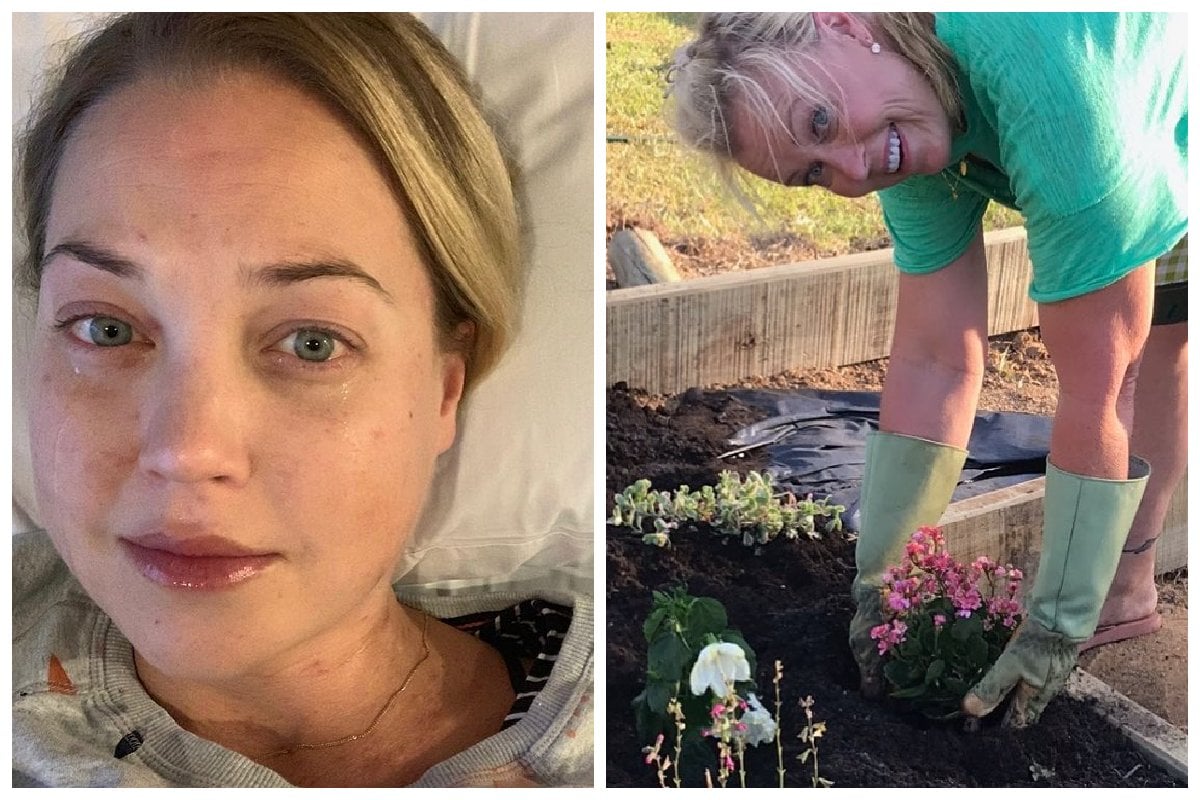
I stumbled across Lisa Curry’s Instagram post this morning as I started work. And before I knew it I was crying.
Not only because of the tragic story of her daughter, but because the way she wrote about grief rang so true to me.
I was instantly transported back to a moment six and a half years ago when I lost a close friend of my mine very suddenly.
I was freshly 21 at the time, and was in Paris with my family on a big family holiday we had been planning forever. I still remember the shock.
“You can’t test for heartache” Lisa writes after the tragic loss of her daughter, so sick from the grief she’s in hospital.

Top Comments